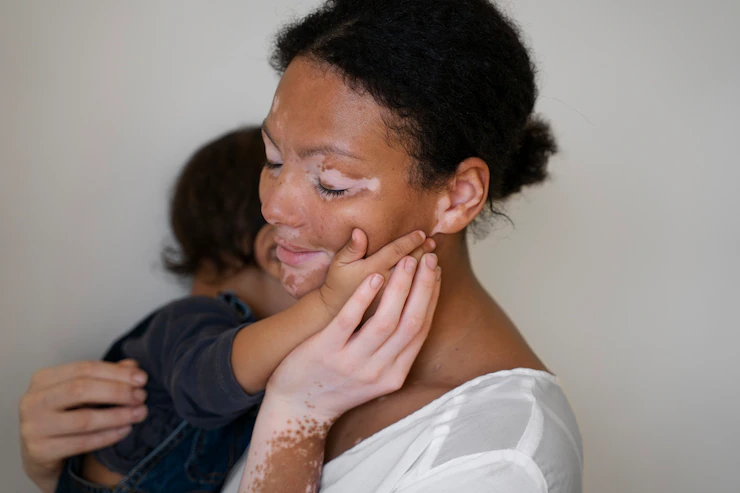Motherhood is a beautiful and fulfilling journey, but it can also be demanding, challenging, and exhausting. South African mothers, like mothers everywhere, often find themselves juggling multiple responsibilities, from caring for their children to managing households and pursuing careers. In the midst of these responsibilities, it is crucial for South African mothers to prioritize self-care. Self-care is not a luxury; it is a necessity for their well-being, happiness, and ability to be the best mothers they can be. In this article, we explore the importance of self-care for South African mothers and provide practical tips for incorporating self-care into their busy lives.
- Physical and Mental Health: Self-care is essential for maintaining good physical and mental health. South African mothers must prioritize activities that promote their well-being, such as regular exercise, nutritious eating, and sufficient sleep. Engaging in physical activities not only improves physical health but also boosts mood, reduces stress, and increases energy levels. Taking care of mental health is equally important, whether it’s through practicing mindfulness, seeking therapy or counseling, or engaging in activities that bring joy and relaxation.
- Managing Stress: Motherhood can be stressful, and prolonged stress can take a toll on both physical and mental health. Engaging in self-care activities helps South African mothers manage stress effectively. This can include finding time for hobbies or interests, taking breaks, seeking support from friends or support groups, and practicing stress-reducing techniques such as meditation or deep breathing exercises. Managing stress through self-care enables mothers to approach challenges with a clearer mind and a more positive outlook.
- Enhancing Emotional Well-being: Self-care plays a vital role in nurturing emotional well-being. South African mothers may experience a wide range of emotions, including joy, love, frustration, and exhaustion. Taking time for themselves allows them to process and regulate their emotions, fostering emotional resilience. Engaging in activities that bring joy and relaxation, such as reading, listening to music, pursuing creative outlets, or spending time in nature, can significantly enhance emotional well-being.
- Nurturing Relationships: Self-care also involves nurturing relationships, both with oneself and with others. South African mothers should carve out time for self-reflection and introspection, understanding their own needs and desires. Building healthy and supportive relationships with partners, friends, and family members is equally important. Connecting with loved ones, seeking emotional support when needed, and engaging in meaningful conversations nourish the soul and provide a sense of belonging and connection.
- Setting Boundaries: Self-care requires setting boundaries and learning to say no when necessary. South African mothers may feel compelled to meet the needs and expectations of others at the expense of their own well-being. By setting boundaries, they protect their time, energy, and emotional reserves. This may involve delegating tasks, seeking help, or politely declining requests that overload their schedules. Setting boundaries empowers mothers to prioritize their own self-care without feeling guilty or overwhelmed.
- Role Modeling for Children: Practicing self-care is not only beneficial for mothers but also sets an example for their children. South African mothers who prioritize self-care demonstrate the importance of self-love, self-worth, and personal well-being. Children learn from observing their parents, and when they see their mothers taking care of themselves, they understand the value of self-care and are more likely to prioritize their own well-being as they grow.
- Increased Resilience and Energy: When South African mothers invest in self-care, they become more resilient and better equipped to handle the challenges of motherhood. Taking time for oneself replenishes energy reserves, prevents burnout, and fosters a sense of balance. By nurturing their own well-being, mothers are better able to provide love, support, and care for their families.
In conclusion, self-care is a vital aspect of motherhood for South African mothers. By prioritizing self-care, they enhance their physical and mental health, manage stress, nurture emotional well-being, and cultivate stronger relationships. Self-care is not selfish; it is an act of love and self-preservation. South African mothers deserve and need to take care of themselves in order to be the best versions of themselves for their families and themselves. Let us celebrate and support South African mothers as they embark on their self-care journeys, recognizing that by investing in themselves, they are creating a healthier and happier future for all.










